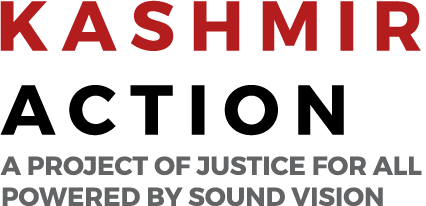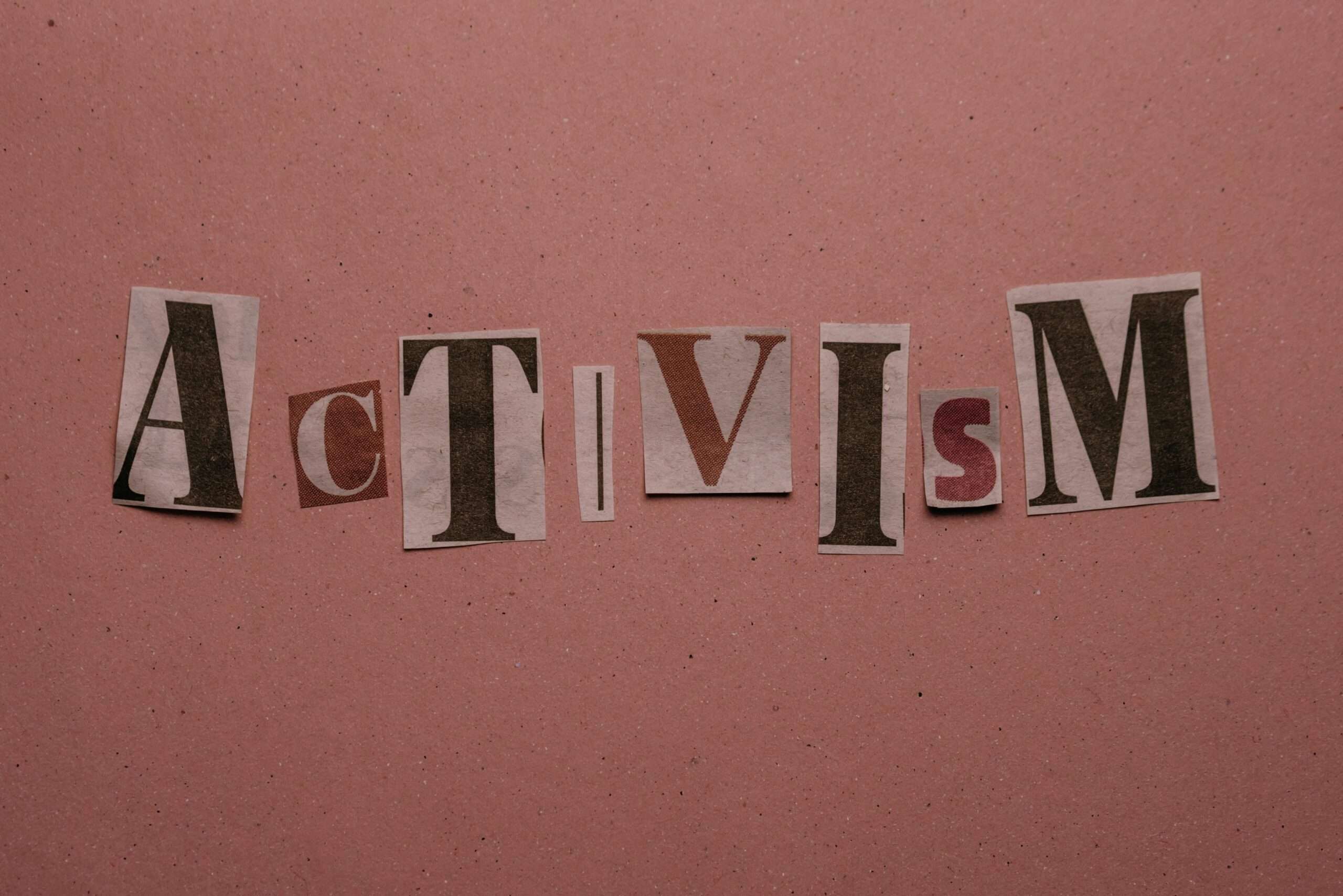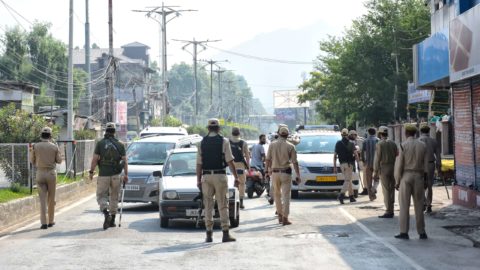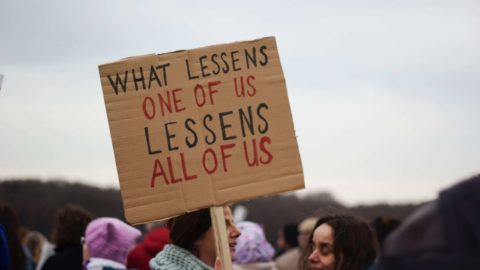Srinagar, Kashmir – A sweeping crackdown by Jammu and Kashmir Police on February 5 has…
Remembering Kashmiri Muslim women political prisoners on International Women’s Day
As the world celebrates International Women’s Day, many Kashmiri Muslim women languish in Indian prisons for their advocacy of Kashmir’s right to self-determination.
These women have endured arrests, imprisonment, and dire conditions for their unwavering commitment to justice and freedom. Here are the stories of five Kashmiri political prisoners who represent resilience in the face of adversity.
Syeda Asiya Andrabi
A prominent figure in the Kashmiri freedom movement, Syeda Asiya Andrabi is the founder and chairperson of Dukhtaran-e-Millat (DeM), one of South Asia’s largest women-led organizations. A graduate in biochemistry, Andrabi, now 60, has been a steadfast advocate for Kashmir’s liberation. Since 1993, she has been arrested over 20 times under the draconian Public Safety Act for her political activities.
In 1998, she was detained for establishing rehabilitation centers for widows and orphans of those killed by Indian forces. Andrabi also founded educational institutions for girls across Kashmir. During the 2010 civilian uprising, she mobilized women for the pro-freedom cause, leading to her imprisonment for two consecutive years.
In 2018, Andrabi and two of her aides were transferred to Delhi’s Tihar Jail, where she remains today, despite suffering from severe health conditions, including arthritis, asthma, and angioedema. Andrabi has spent over 15 years in prison, separated from her family. Her husband, Dr. Muhammad Qasim, is also a political prisoner, and the couple has spent only four years together in their 30 years of marriage.
Insha Jan
At just 25 years old, Insha Jan was arrested along with her father, Tariq Shah, by India’s National Investigation Agency (NIA) on allegations of providing food and logistical support to armed combatants. Their arrest has devastated the family, leaving them in financial distress and emotional trauma. Insha’s mother, Naseem, struggles to cope with the absence of her husband and daughter.
The NIA also raided Insha’s home, confiscating her belongings and even taking household items such as curtains and flooring sheets. Insha’s father, who worked as a truck driver to support the family, remains in custody, compounding the family’s hardships.
Sofi Fehmeeda
A dedicated member of Dukhtaran-e-Millat since 2002, Sofi Fehmeeda has faced relentless persecution. Arrested for the first time while still in high school, she was charged under the Public Safety Act for her resistance to Indian occupation. Over the years, Sofi has been imprisoned nine times, disrupting her education and forcing her to abandon her studies during her graduation.
In 2018, Sofi was detained in Tihar Jail under sedition charges. Her activism against state-led sexual exploitation of Kashmiri women, including her protests against a high-profile sex scandal involving Indian officials, made her a target for authorities. Now in her late 30s, Sofi suffers from multiple health issues, including severe lower back pain that requires surgery, but she has been denied adequate medical care in prison. Her elderly mother anxiously awaits her return.
Nahida Nasreen
Born in 1964, Nahida Nasreen is the General Secretary of Dukhtaran-e-Millat and an early member of the organization. A graduate in zoology and Islamic sciences, Nahida was arrested in 2018 and accused of “waging war against India.” Her real “crime” was her leadership in advocating for Kashmir’s self-determination and empowering Muslim women in the region.
For the past five years, Nahida has been imprisoned in Tihar Jail, far from her family, including her two sons and daughter, who are not allowed to communicate with her. Like her fellow detainees, Nahida faces severe health issues but is denied proper medical attention.
Hina Bashir
In 2020, Hina Bashir Beigh, 41, was arrested alongside her husband by Delhi Police under allegations of militant links.
While in custody, Hina contracted COVID-19 but was denied bail, even as other prisoners across India were released during the pandemic. The lack of access to legal representation and the continued denial of bail have left her family in anguish.
These women’s stories reflect the resilience and courage of Kashmiri Muslim women in the face of systemic oppression. On International Women’s Day, their plight serves as a stark reminder of the sacrifices made by countless women for justice, freedom, and equality. While the world honors women’s contributions and achievements, the struggles of Kashmiri political prisoners demand attention and advocacy.





